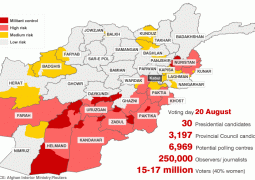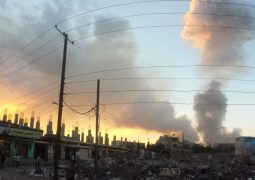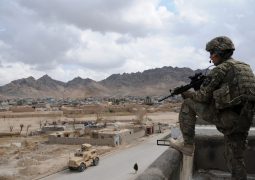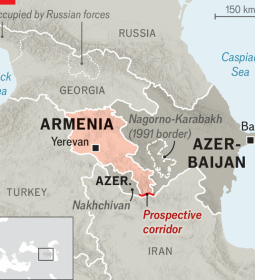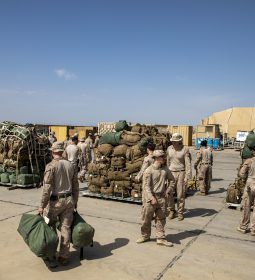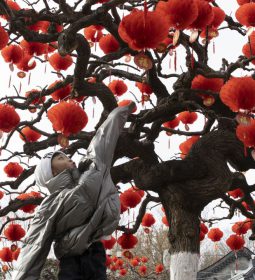Borneo road, railway projects ‘world’s scariest environmental threat’
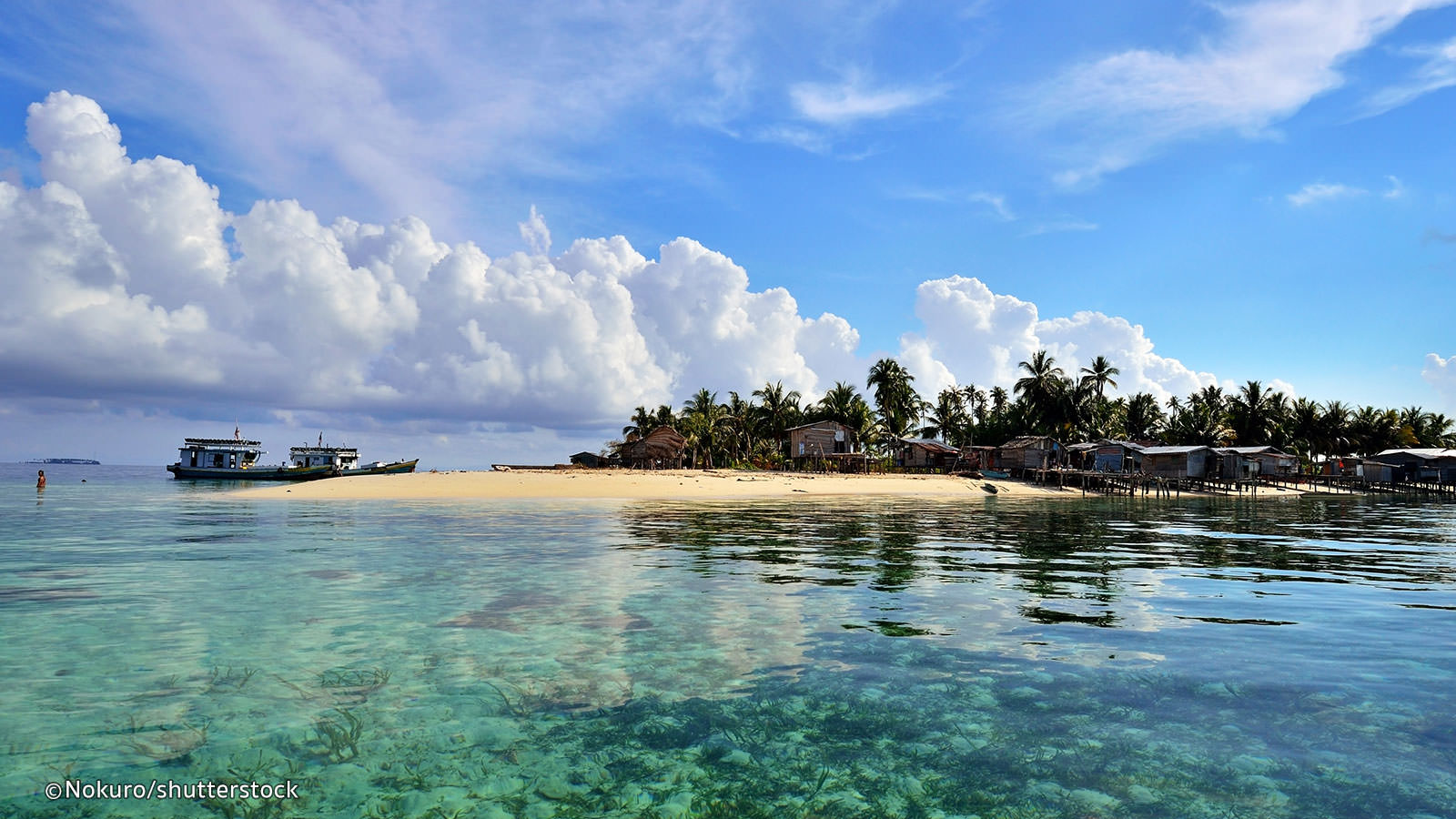
Kharishar Kahfi
The Jakarta Post
03/02/2019
When President Joko “Jokowi” Widodo began his tenure in 2014, he uttered his wish to finish a number of infrastructure projects immediately, including the construction of a highway and a railway in Kalimantan.
With dense forests, mountains and many rivers, Kalimantan, the Indonesian part of the Borneo island, is faced with transportation problems that have increased production costs. According to the Public Works and Housing Ministry, there were only 6,363 kilometers of main roads connecting cities and provinces across Kalimantan in 2014 and only 68 percent of them were in good condition.
The construction of roads in Kalimantan started in 2015 and, recently, concerns were raised by experts who said that such infrastructure projects were “the world’s scariest environmental threat” and could impact the lives of rare animal species such as orangutans and elephants.
According to a joint study by researchers from James Cook University in Australia, the University of Indonesia and Mulawarman University in Samarinda, East Kalimantan, the completed highway and railway will “fragment and destroy cast areas of tropical rainforests on the island of Borneo”.
“Assuming conservatively that new road and rail projects will influence only a 1 km buffer on either side, landscape connectivity across the region will decline sharply, from 89 percent to 55 percent, if all imminently planned projects proceed,” the report states.
William Laurance of James Cook University, the leader of the research study, said the projects threatened to affect the mobility of several species of elephant and orangutan.
“To find food and shelter, these species have to move to survive,” he said.
Scientists say the risks vary depending on the area, as Kalimantan is home to protected areas, primary forests and peatland and regrowth forests.
Moreover, the new roads and rail projects would “open up the forest like a flayed fish, allowing illegal colonists, poachers and miners to invade the forest and cause even more forest disruption,” said lead author Mohammed Alamgir from James Cook University.
Kalimantan, home to 6 percent of the world’s flora and fauna, is under constant threat of illegal loggers, hunters, plantations and poachers. Some of the rare animals that roam the island are captured and traded on social media, recent cases indicate.
Several infrastructure projects are under way in Kalimantan, including the trans-Kalimantan toll road in East Kalimantan. Development of the 99-km highway, which stretches from Balikpapan to Samarinda, began in 2010 but was halted due to funding problems. It resumed in 2016 and is expected to be completed in May this year.
Meanwhile, the 203-km trans-Kalimantan railway project, which will pass through cities such as Balikpapan, was removed from the national strategic projects list.
Environment and Forestry Minister Siti Nurbaya Bakar dismissed the environmental concerns, saying that every project fulfilled all requirements, including the nature conservation requirement.
“Basically, we can study all aspects of the construction and look for the solution. For example, if the road will cut through an animal’s habitat, it should be constructed on the edge of the habitat rather than going directly through the middle of it,” Siti said.
“These things can be managed because it is impossible for Indonesia [to develop] if we don’t build more roads.”
- Previous Trade turnover between Mongolia and Russia in 2018 grew by 39.8%
- Next 10 of the most populated cities in the world



